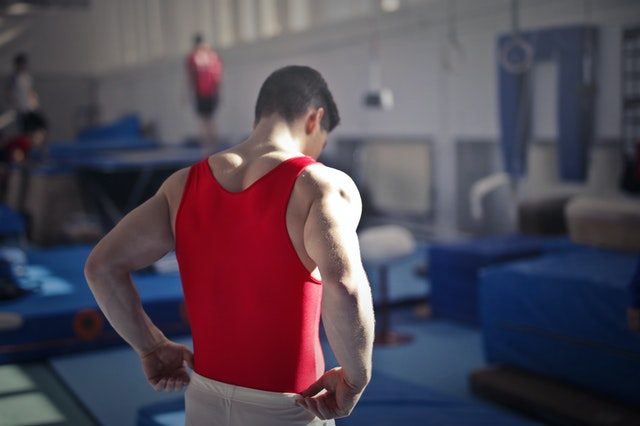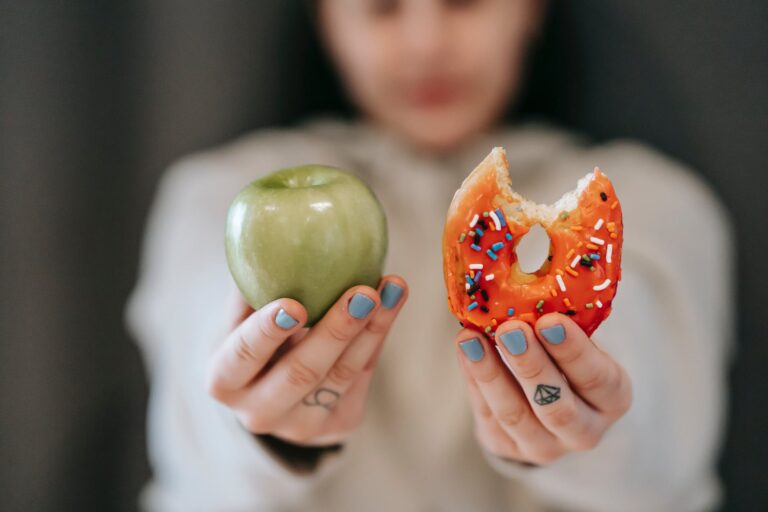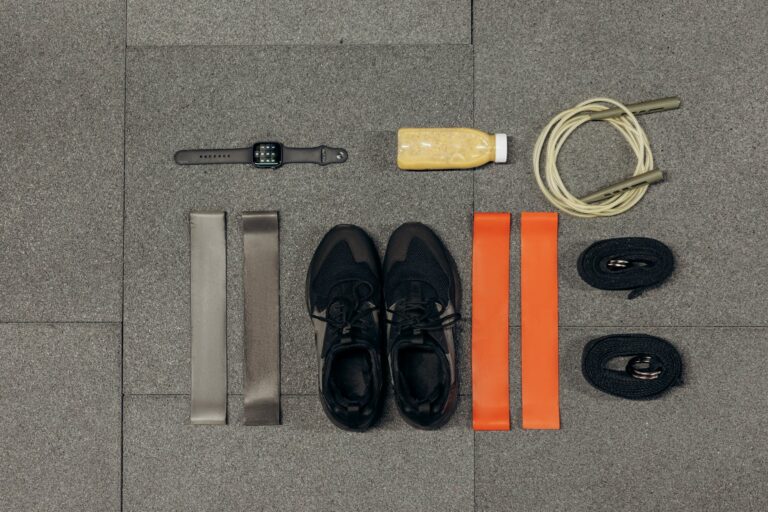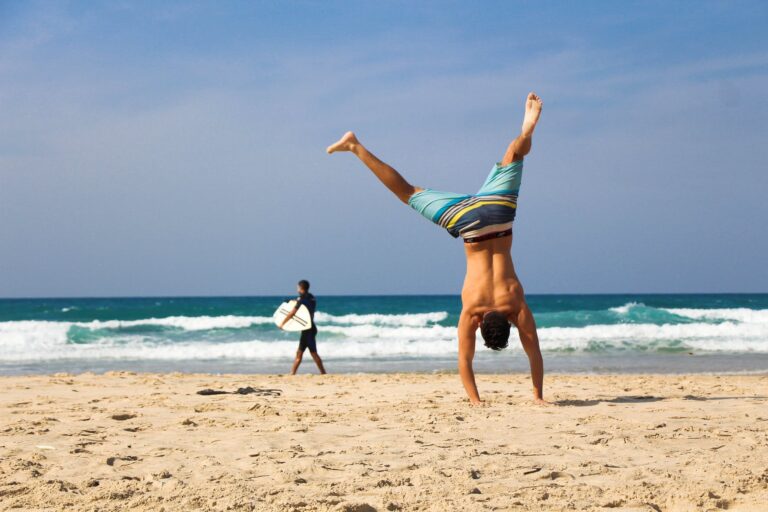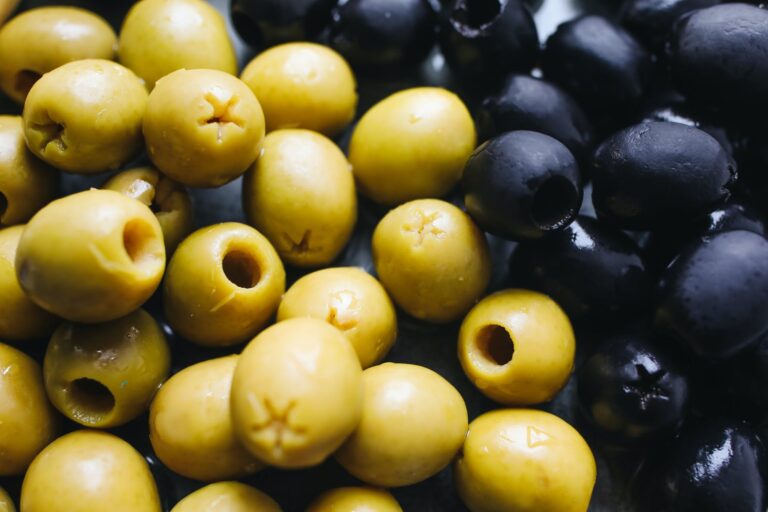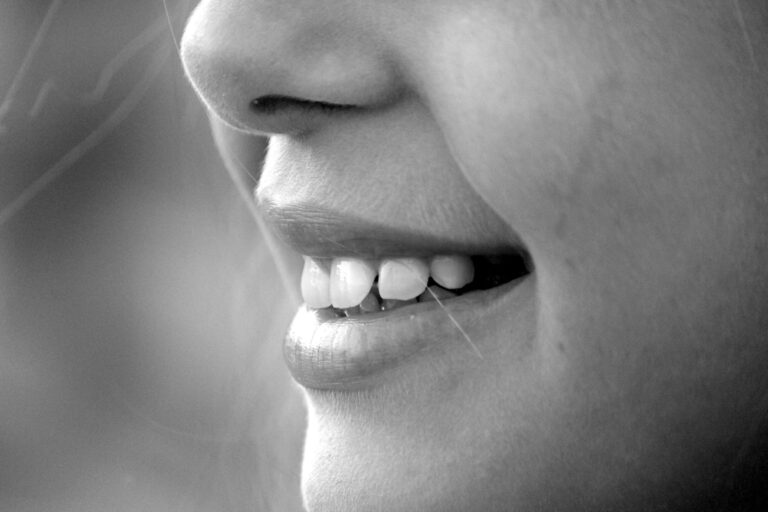Sometimes it seems personal development and fatphobia go hand in hand. But is this motivation or privilege?
Can you love yourself and be fat?
According to Rachel Hollis in her book, Girl, Wash Your Face, no. You can’t.
“This post contains affiliate links. If you use these links to buy something we may earn a commission at no additional cost to you. Thanks.“
I’ve also heard this sentiment repeated by Judi Holler on her #FearBoss Show podcast. So many self-help coaches and gurus say being fat is a symptom of not loving yourself. Same as staying in a job you hate or living in a filthy house. That if you loved yourself, you’d take care of yourself. And taking care of yourself, according to them, means getting thin.
These declarations say more about their values and how they judge their worth than the women they serve.
Other gurus, like the originator of the Badass franchise, Jen Sincero, claim weight problems are a symptom of not enough self-discipline. As though everyone with a weight problem is mainlining donuts.
This isn’t true. How many of us know overweight people who kill it in their careers? They don’t lack self-discipline. And do plus-sized models and body-positive Instagramers all hate themselves? What would get us positive body neutrality?
Personal development and fatphobia seem to go hand in hand. And these takes aren’t just privileged but display ignorance about the many factors that contribute to weight gain. Even if we ignore all the biological and medical reasons people may have weight problems, there are so many other reasons people struggle with their weight.
This view encourages a self-value system that is weight and body-size-focused and ignores the very serious psychological issues surrounding body image.
And, yes, thin privilege is a real thing. Often, people who possess naturally thin bodies don’t understand weight struggles. But that isn’t the privilege I’m talking about.
Do you have a fatphobia and antifat bias? Fatphobia is a little racist and a lot classist.
Environmental Factors
Treating obesity as a problem of an individual rather than one of society is unfair. Many socioeconomic factors contribute to the obesity epidemic. If we go by the BMI scale (which is in itself sightly problematic) almost 70% of the United States population is overweight.
And it disproportionately affects black and brown communities. Weight issues are more common in these US populations than in white communities.
What environmental factors contribute to the obesity problem?
- Lack of comprehensive nutrition education
- Food deserts
- Rise of technology along with a lack of physical activity
- Food marketing and accessibility
- Socioeconomic limitations
Any of these alone presents an enormous challenge. But all of them together?
Lower-income communities don’t stand a chance against weight issues. A food desert is an area with limited access to fresh, whole foods. That means barely any fresh vegetables and fruits. These areas are more prominent in lower-income areas of larger cities. And what that means is members of those communities can walk into convenience stores and find candy bars, but no apples. There are no farmer’s markets. No Whole Foods or Trader Joe’s.
Those who live in food deserts will have a hell of a time trying to eat a salad every day.
But let’s be real. Even if lower-income citizens had convenient access to fresh, whole foods, most of these options are priced out of their budgets. When you have a family of four to feed and only $60 to spend on groceries for the week, do you reach for the salmon fillets or the 4lbs of 85% fat ground chuck?
Their options limit their health.
Lack of Comprehensive Nutrition Education
And there isn’t comprehensive nutrition education in most school systems. Nothing about calories or how macronutrients work or how our bodies process food for fuel.
The basic curriculum doesn’t include essential information. I dissected a frog but learned nothing about the Law of Thermodynamics and how it relates to weight control. I studied the periodic table of elements, but not what micronutrients my body needs to thrive.
Just like lack of comprehensive sex education leads us to make poor decisions regarding our sexual health, lack of nutrition education leads to us making poor decisions about our food intake. It makes us uninformed consumers.
And this affects not just the socioeconomically disadvantaged who may buy the cheaper, less nutrient-dense, manufactured options rather than whole foods, but those with disposable income who throw money at detox teas or weight loss programs that can’t deliver what they promise.
Most of us learn about nutrition from diet culture. And that’s terrifying. All the mixed messages. The inconsistencies. The fallacies. Is it any wonder we do not understand how to eat?

And Speaking of Diet Culture…
It sets women up to war with body image and food. And for some of us, self-love means giving up the battle.
Self-love may look different for everyone. Maybe for some, self-love means not putting themselves through the laborious process of fat loss but working on their health through nutrition, exercise, and other healthy habits without focusing on a calorie deficit.
Or it could be rejecting a diet culture that so often promotes a thin at any cost mentality. And finding peace with themselves at the size they are now.
Not every woman has the same priorities. Maybe a woman is a new mother and wants to focus on her newborn rather than whether she can squeeze in a run while the baby naps. Or maybe someone is in a period where they’re hyper-focused on their work achievements and the size of their ass just isn’t at the top of their list. We all go through different seasons and hyper fixation on our appearance may not jibe with our season of life.
Overweight Doesn’t Mean Unhealthy
There’s an assumption being made when these self-help personalities declare overweight people don’t love themselves. And it’s that overweight always means unhealthy.
This isn’t true.
A lot of fat people exercise and are athletic. A lot of them can run 5ks. Play football. Give impressive live performances without ever running out of breath.
You can’t make assumptions about a person’s physical health based on their weight.
Yes. It’s true that for the general public, the BMI scale is a reliable indicator of someone’s probability of developing certain health issues.
But that’s probability. Not a guarantee.
BMI isn’t a scale of health. Just a scale of probability.
What it doesn’t tell you is a person’s cardiorespiratory health. Or if they can squat 125lbs. Or what they bench.
Someone they perceive as fat and lazy could be a half marathon runner with a bum thyroid.
Exercise and activity don’t equal thinness. But regular exercise is self-care.
The prevalence of fatphobia means that every time we look at a fatter person, we assume they’re lazy and gluttonous.
That’s a dangerous assumption. And it isn’t just made by gurus but healthcare professionals.
And that’s when fatphobia could be lethal.
You Can’t Hate Yourself Thin
Fatphobia pushes self-hate as a consequence of fatness. And therefore the only way to love yourself is to become thin. But there is a problem.
You can’t hate yourself thin.
There are lots of good reasons to lose weight, but coming from a place of self-loathing never works.
Love yourself before committing to changing your body composition. And once you find you love yourself, you may decide that the arduous journey of fat loss and permanent lifestyle change just isn’t for you. And that’s okay!
But shaming as motivation for fat loss doesn’t work. Especially if someone is already dealing with disordered eating or body image issues, negative reinforcement will only make these problems more severe.
And you’d think people who motivate others for a living would know that, right?

Ways to Cultivate Self-Love No Matter Whatever Your Size
- Look good. That adage “if you look good, you’ll feel good” is true. So look your best, whatever that means to you. Maybe you love doing your make-up. Or wearing dresses. Or rocking a bikini. All bodies deserve cute clothes. Not just the thin ones. Whatever your personal style, make sure you’re feeling yourself when you look in the mirror.
- Focus on your strengths. What are your character strengths? The things you’re good at? The ones that come naturally and light you up? Do those things! Find activities you do well that you can do every day and do them. This will increase your self-efficacy and your confidence. Don’t know your character strengths? Find out here for free.
- Dump your gurus. Unfollow anyone who makes you feel bad about yourself on social media. If they make you feel bad about your life and your body, stop scrolling. Take yourself out of that comparison cycle by taking their content out of your feed. You don’t owe anyone a sale, like, or a follow.
- Affirmation journaling. Think of all the ways you rock. And then journal about them. The time you saved the company thousands of dollars with your idea. How devoted you are to your parents. Or your incredible crafting capabilities. Make a list of how awesome you are. Write about something on that list once or twice a week in a journal.

